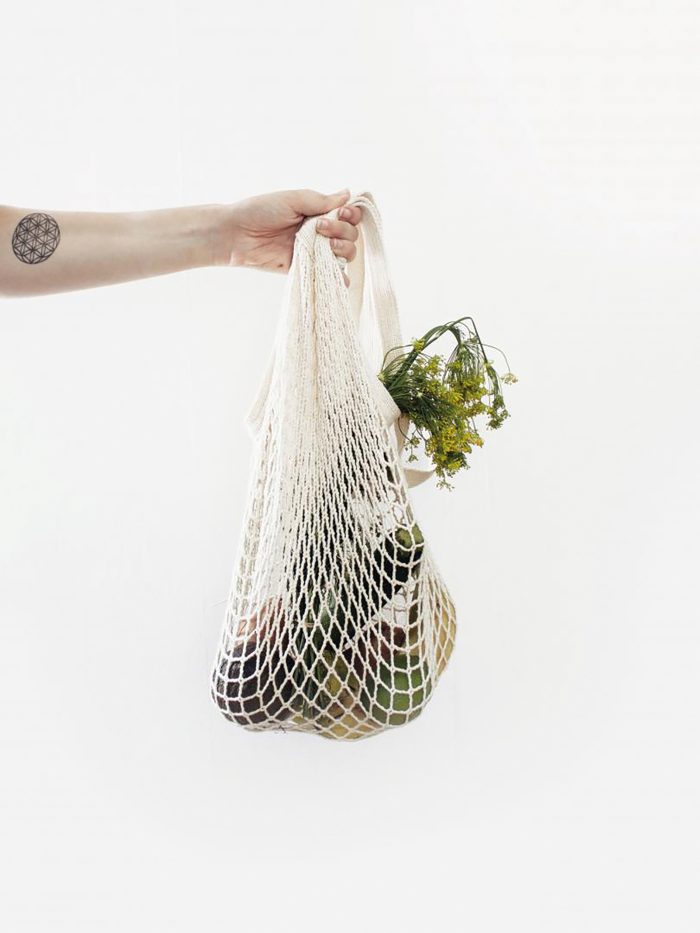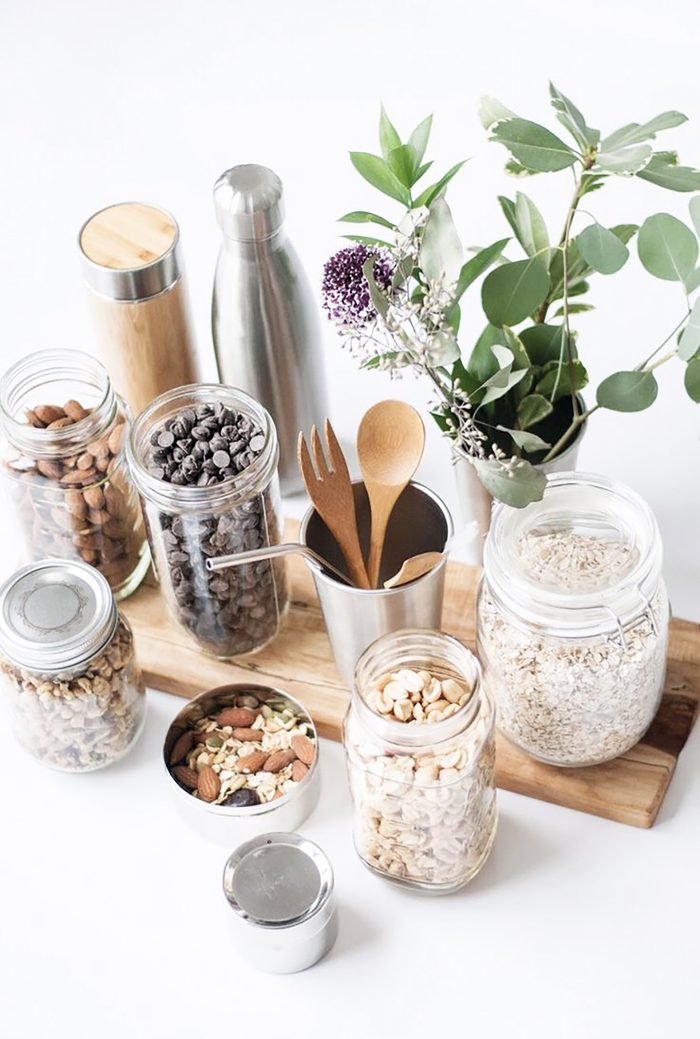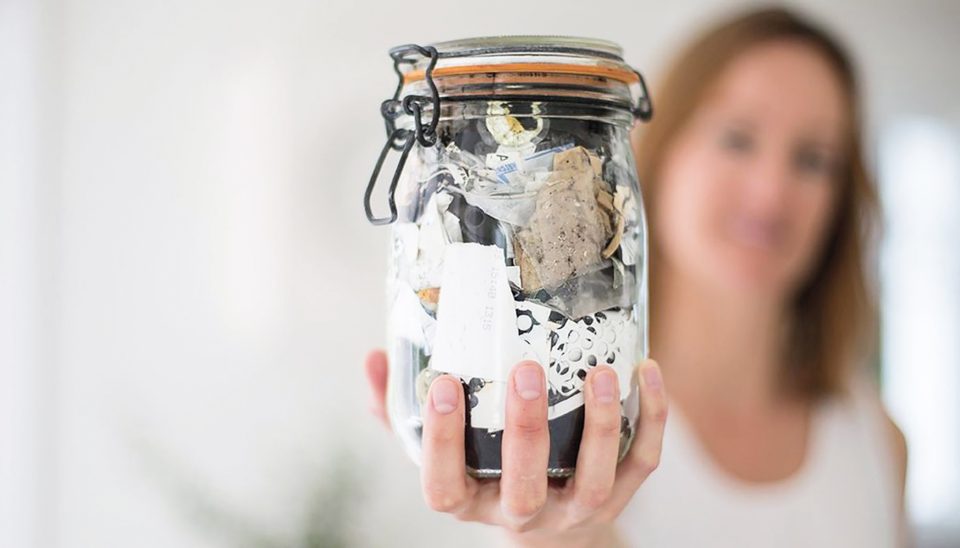“STOP USING PLASTIC STRAWS! SAVE THE TURTLES! DON’T LITTER! BRING YOUR OWN SHOPPING BAG! STOP USING PLASTIC CUPS! TRY USING A MENSTRUAL CUP!”
The list of statements by eco-aware millennials posting on their social media accounts goes on and on. Yet, the zero-waste lifestyle still draws a big, bold question mark from most of society.
In short, zero waste is a concept and movement to reduce the amount one consumes and throws away. Cutting the chain of use and throw away and reflecting on each thing being consumed is the ideal aim. By adopting this lifestyle, one can influence all areas of the environment by preventing resource extraction, reducing the number of materials sent to landfills, and reducing pollution from producing, transporting, or disposing of materials.
Clearly, our beloved mother nature has been going through a rough time these past few years. With climate change negatively affecting the flora and fauna as well as human beings, action needs to be firmly taken. Even if someone is not an environmental enthusiast or activist, it doesn’t matter; we’re all breathing the same air and repeatedly complain about how uncomfortable the weather has been.

This summer, Western Europe experienced a heatwave that had the mercury touching 40 degrees Celsius, which poses a substantial risk to human health, and is potentially lethal. We can continue to neglect these vital changes and keep putting everything we love at risk, or we could take the rather painless step of learning more about a lifestyle that can potentially give us a longer time on Earth – rumours of moving to Mars still seem to be a decidedly long-run option.
Founder of Zero Waste Indonesia, Maurilla Imron, thinks that a zero-waste lifestyle encourages wiser and more sustainable consumption within society, moving it towards a better result of a decreased amount of trash. “Sending trash to landfills and the ocean has dangerous implications on pollution, climate, and ecosystems,” she said.
In 2017, Maurilla discovered a video from a diver in Nusa Penida, Bali, which showed more plastic waste than fishes in the ocean. Maurilla was horrified to learn about Indonesia’s ranking as the second biggest plastic waste contributor in the world.
An inevitable plastic consumption cycle comes to play in our oceans. Plastic takes a very long time to unravel entirely and often ends up in the ocean. Then, it erodes into micro-plastic pieces that are normally eaten by fish – which in some cases causes death – before eventually having that fish served on a person’s plate. Soon, the Earth will be flooded by plastics and trash – abruptly striking back at our species.
Ultimately, she understood the negative impact of human behaviours contributing to the environment.
“I started thinking about myself and my kids in the future. I still want them to see what I see today. I want to enjoy what I enjoy today. I realised we have to make a change. There must be something we can do here, at least to start within ourselves and our household,” said Maurilla.
It takes about 28 days to develop a new habit. The main key to adopting this and any other lifestyle is to focus on one change at a time and to trust the process. For those interested but clueless about where to begin, it is essential to find the why, because it will keep you on track whenever you feel like you’re falling off. Read; watch documentaries; you’ll eventually find your why. Now, it’s time to reflect on yourself, based on your consumption and trash in every aspect of your life. Perhaps seek out a community to give you support.
Once you’ve identified your intention, make notes wherever you go and aim to practice the 5Rs method that was introduced by Bea Johnson: refuse what is not needed; reduce and rethink what we take for granted and what we think is normal – e.g. plastic usage; reuse what we already have instead of keep on buying and consuming; recycle and utilise what we have and turn trash into something useful item; and rot or make compost.
Over 65 percent of trash in a landfill is composed of organic food waste from households. Compiling these with plastics and other trash will create methane gas, creating pollution and increasing the harm caused by the greenhouse effect. Whereas a single-use-plastic item is normally used for a short period of time, it will stay on Earth for hundreds of years.

Research done by Humbold State University stated that the use of stainless steel straws for the sake of preserving the environment will be useless if it’s discarded before the 149th use.
However, sales of stainless steel straws and water bottles, wooden and bamboo cutlery, tote bags, keep cups, menstrual cups, cotton-based diapers, and DIY natural household cleaning agents, shampoos, body washes, etc via online shopping platforms and Instagram have been booming recently. Indonesians are jumping on the bandwagon by purchasing those reusable items to help the environment, but are these effective?
“It is a great way to start, but they shouldn’t stop there. We also need to understand that producing stainless steel straws, containers, etc need a lot of energy that will have a detrimental impact on the environment as well in some ways. We can voice out what our current situation is and dictate our preferences to the market, to remind producers and retailers that it is a new era. Hopefully, they can help provide choices and changes such as creating products with less plastic packaging.
“In other words, we have to take care of what we have and utilise it wisely. We have to use it to a certain point at least until it pays off,” Maurilla added.
To overcome the unattainable stigma of this lifestyle, Maurilla asks beginners to understand the urgency to start making a change and simplify our minds – this is for the sake of us after all. Financially, expenses are reduced and from a health point of view, reaching out for pre-packaged foods won’t be the norm anymore since there will be healthier options.
“Start from something small because it counts! Start slowly and remember to be consistent. We need to normalise this and we can only do it together!” Maurilla reminds us all.




